Introduction
1. Automotive Industry Overview
The automotive industry requires high-quality and precise parts to achieve safety regulations and customer expectations. Manufacturers must invest in the necessary equipment and procedures to make these parts accomplish this.
2. The significance of precision in the manufacture of automobile parts
Precision is essential in producing automotive parts since even slight flaws or inconsistencies can impact the final product’s performance and safety. As a result, precise injection mould creation is critical in guaranteeing that the final product matches the required criteria.
3. Precision injection mould-making definition
Precision injection mould making is the process of creating moulds used in the injection moulding process to make plastic items. The moulds are designed to produce parts with great accuracy and reproducibility, and they play an essential role in ensuring that the finished product fits the specified criteria.
4. The article’s purpose
This essay aims to provide a more in-depth understanding of precision injection mould fabrication and its significance in the automobile industry. We will go through the definition and procedure of precision injection mould making, its significance in the automobile sector, and its benefits to manufacturers. We’ll also look at some frequent problems with precision injection mould creation and how to solve them. By the end of this article, you’ll understand why precise injection mould creation is essential to producing high-quality car parts.
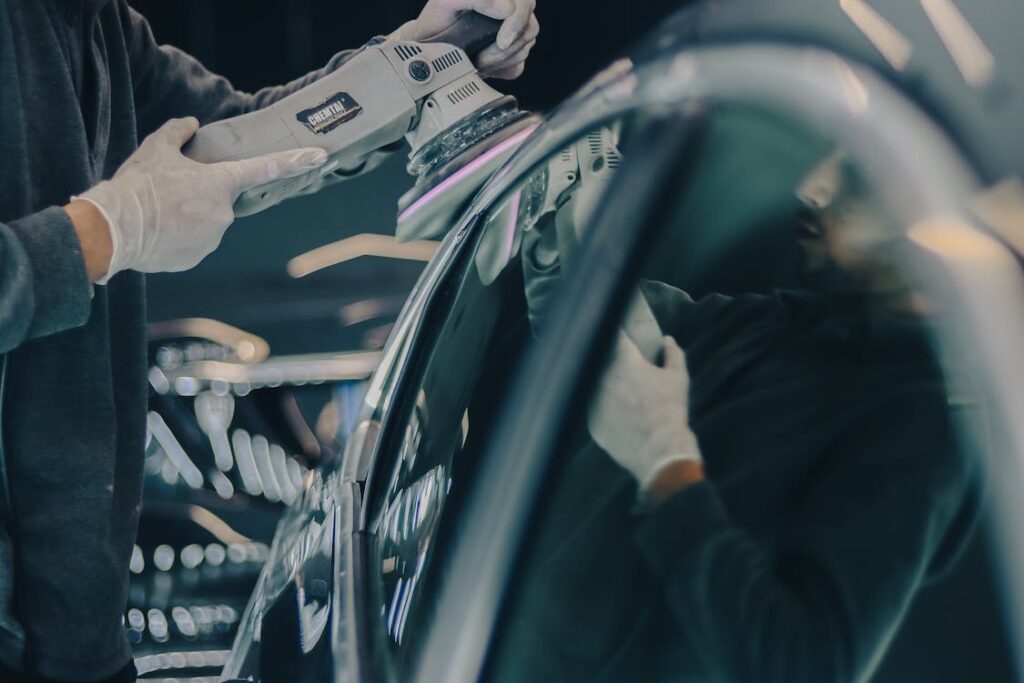
Precision injection mould definition and process
1. Precision injection mould manufacturing definition
Precision injection mould making is the process of creating moulds used in the injection moulding process to make plastic items. The moulds are designed to produce parts with great accuracy and reproducibility, and they play an essential role in ensuring that the finished product fits the specified criteria.
2. Procedures for creating precision injection moulds
The precision injection mould-producing process consists of the following steps:
Designing the mould: The design is the first phase in the procedure. This includes building a comprehensive 3D model of the item to be produced and creating the mould to ensure high precision and reproducibility.
Building the mould: After designing the mould, the following step is to make it. This entails employing various processes and materials to create a long-lasting and exact mould.
Testing the mould: The mould must be tested before it can be utilized for production to guarantee that it can create parts that fit the specified standards.
Making adjustments: If the mould fails to create pieces that satisfy the intended standards, the mould must be adjusted. This could entail changing the design or modifying the manufacturing method.
Components production: After the mould has been tested and any necessary adjustments have been made, it may be utilized to generate the appropriate components using the injection moulding process.
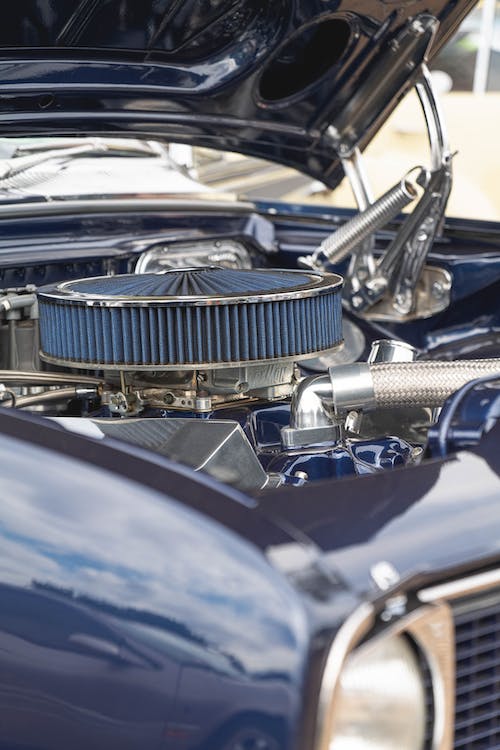
3. The significance of precision in precision injection mould manufacturing
Precision is essential in precision injection mould manufacturing because even little differences in the mould might result in flaws or inconsistencies in the finished product. Manufacturers must use advanced processes and equipment and closely monitor the manufacturing process to attain the appropriate level of precision.
4. Common problems in the production of precision injection moulds
Precision injection mould production can be a complex and challenging process, with various common issues that producers may face, including:
Warpage happens when a product becomes deformed or bent due to uneven cooling or shrinkage during moulding.
When surplus plastic material is squeezed out of the mould, it leaves a thin layer of material on the part’s surface.
Sink marks appear when a product’s surface sinks or shrinks due to uneven cooling or shrinking during the moulding process.
Dimensional inconsistencies: When a part does not fulfil the desired standards regarding size, shape, or other dimensions, this is referred to as dimensional inconsistency.
5. Addressing frequent issues in precision injection mould manufacturing
Manufacturers may employ a range of techniques and tactics to handle these typical difficulties, including:
We are changing the design of the mould or the manufacturing process to eliminate warpage, flash, or sink marks.
They use sophisticated materials or coatings to improve the mould’s longevity and precision.
We are implementing stringent quality control systems to ensure the finished product meets the necessary criteria.
Working closely with clients to understand their wants and expectations and then changing the manufacturing process as needed.
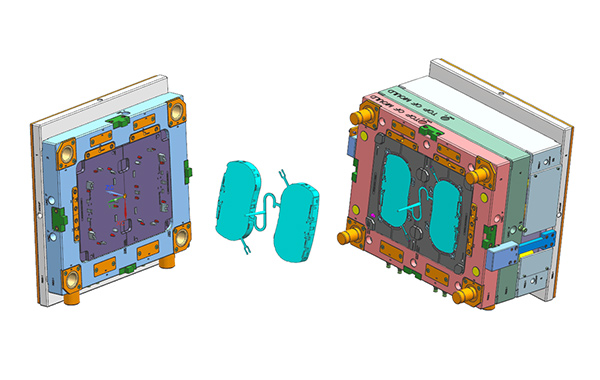
The Importance of Precision Injection Mold Manufacturing
1. Reliability and quality
Precision injection mould production is essential for producing consistent, high-quality products. Moulds are designed and built to make parts with great accuracy and repeatability, guaranteeing that each piece is similar to the one before.
2. Cost-effectiveness and efficiency
Precision injection mould production can also assist manufacturers in increasing efficiency and lowering costs. Manufacturers can reduce waste and enhance overall production efficiency by producing parts with high accuracy and repeatability.
3. Individualization and adaptability
Precision injection mould production also enables greater customization and flexibility in the manufacturing process. Moulds can be constructed to generate a wide variety of part sizes and forms, and they can be quickly updated or replaced to meet changing production requirements.
4. Advantage in the marketplace
Manufacturers who invest in precision injection mould production might gain a competitive advantage by providing high-quality, customized goods at a reasonable price. This can help them differentiate themselves in a crowded market and attract new clients.
5. Automotive Industry Importance
Precision injection mould production is crucial in the automotive industry, where parts must meet stringent safety and performance requirements. Moulds used to make these parts must be precise and long-lasting and capable of producing parts with consistent quality and accuracy.
6. Effect on the finished product
The quality of the injection mould used in the process can considerably impact the result. Poorly designed or constructed moulds might result in faults, inconsistencies, or even safety hazards in the end product.
7. The significance of collaborating with a dependable precision injection mould maker
Manufacturers must collaborate with a dependable precision injection mould-producing partner to ensure that the moulds used in the injection moulding process are of the highest quality. This partner should have a thorough understanding of the production process and be able to deliver high-quality moulds that fit the manufacturer’s specific demands and standards.
8. Precision injection mould manufacturing in the future
Precision injection mould creation will become even more crucial in the production process as technology advances. New materials, techniques, and equipment are continually being developed to increase the process’s precision, efficiency, and cost-effectiveness. Producers who keep ahead of the curve will indeed have a competitive advantage in the years ahead.
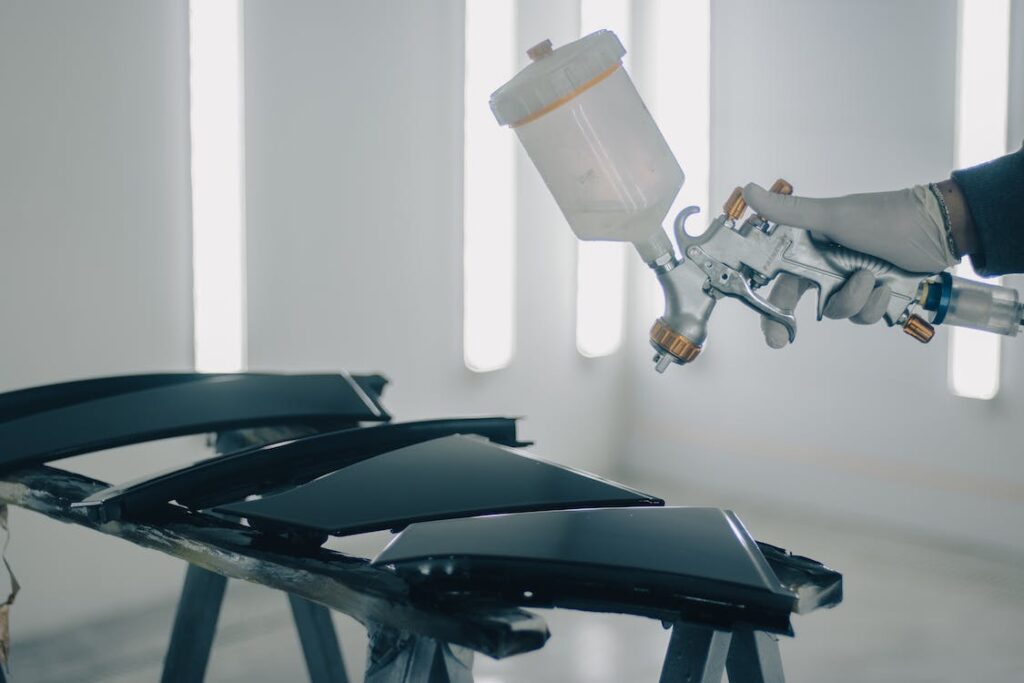
Common Precision Injection Molding Issues
1. Flaws in design
Design faults can cause injection moulding issues like warping, sink marks, and other defects in the final product. To minimize these problems, it is critical to carefully analyze the mould design and ensure it suits the specific part being manufactured.
2. Material choice
The material used in the mould might also affect the end product’s quality. It is critical to select a material that is robust, durable, and resistant to wear and tear, as well as one that can survive the injection moulding process’s temperatures and pressures.
3. Mold upkeep and cleanup
Regular mould maintenance and cleaning are required to ensure the mould continues producing high-quality parts. The mould might become worn or destroyed over time, resulting in faults in the final product. Regular cleaning can help prevent the accumulation of dirt and debris, which can impact the final product’s quality.
4. Problems with injection moulding machines
Problems with the injection moulding machine might also impact the end product’s quality. Inadequate pressure, temperature changes, and incorrect moulding conditions are all common problems. To avoid these problems, inspecting and repairing the machine regularly is critical.
5. Inadequate knowledge
A lack of precise injection mould-building expertise might also cause issues. Manufacturers should collaborate with a dependable partner with the requisite ability and experience to design and create moulds that fit the manufacturer’s specific needs.
6. Ineffective communication
Misunderstandings, delays, and errors in the manufacturing process can result from poor communication between the manufacturer and the precision injection mould-making partner. Establishing clear communication channels and ensuring that both sides are on the same page regarding mould design, manufacturing, and delivery is critical.
7. Insufficient quality control
Inadequate quality control procedures could cause issues throughout the precision injection mould manufacturing process. It is critical to implement quality control procedures to guarantee that the mould is manufactured to the exact specifications and that the finished product fulfils the requisite quality standards.
8. Dealing with common concerns
To overcome typical challenges with precision injection mould manufacturing, firms should collaborate with a dependable and knowledgeable partner that can advise on design, material selection, maintenance, and quality control. Regularly inspecting and maintaining the mould and injection moulding machine can also help avoid emerging problems. Finally, clear communication lines and strict quality control are required to ensure the production process goes smoothly and efficiently.
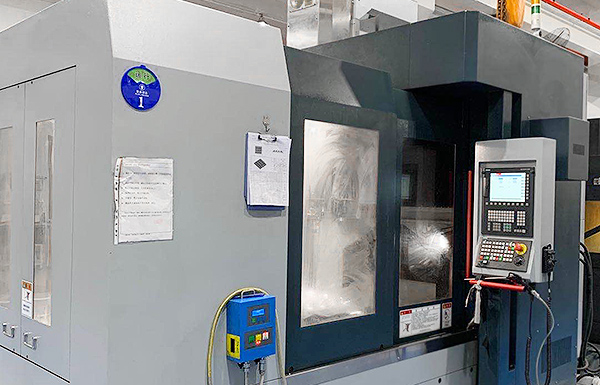
Conclusion
Precision injection mould manufacturing is an essential element of the automotive parts production process. Ensuring that the mould is developed and made to the highest standards to produce high-quality parts is critical. Manufacturers can avoid frequent challenges and achieve more success in their production processes by understanding the concept and process of precision injection mould creation and the importance of quality control, material selection, and regular maintenance.
Working with an experienced and trustworthy partner can also assist manufacturers in addressing frequent challenges and optimizing their manufacturing processes. Manufacturers can guarantee that their precision injection mould-producing process goes smoothly and efficiently by creating clear communication channels and employing rigorous quality control procedures, resulting in high-quality products that suit the needs of their customers.
To summarize, precision injection mould production is a complicated and challenging process. Still, by addressing common issues and establishing best practices, manufacturers can gain tremendous success and competitive advantage in the automotive parts market.
